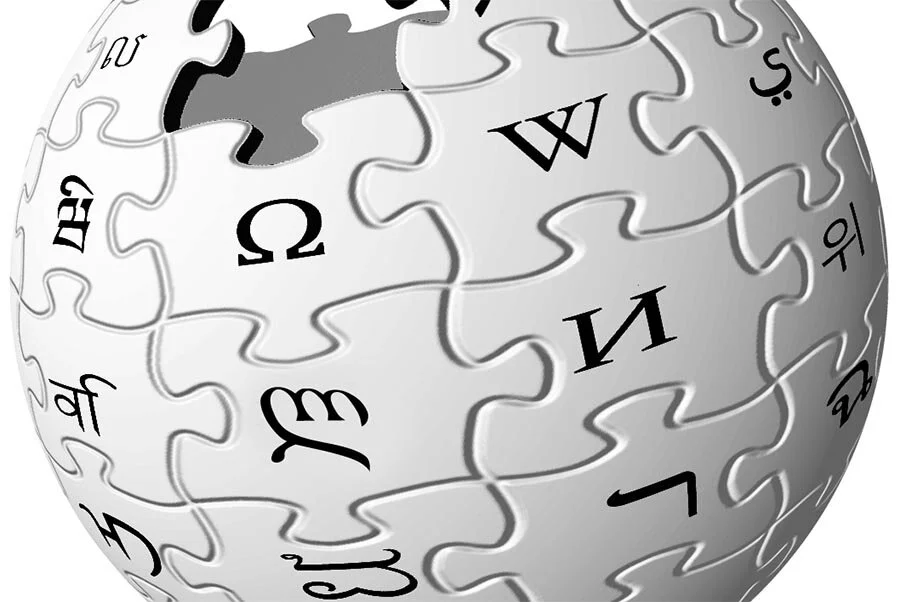Some recent comments on Research and Wikipedia
From Chris on Research in the Arts
Here in the UK, arts research culture might be a bit more accepted, but it is still nascent. I agree that the terms 'practice-based' and 'theory-based' set up a problematic dichotomy for research culture. In acknowledging the distinction, one runs the risk of mirroring the historical bias towards empiricism. This bias has supported a hierarchy of epistemologies that, descending from quantitative research to qualitative research and from theory-based to practice-based research, denies the creative arts a platform for expression as knowledge.
The ways in which the creative arts shape our understanding of the world are difficult to measure, but no less significant than other models of knowledge. If most 'pure science' researchers would accept that some form of rudimentary research occurs prior to art making, can we take it even further? Can we suggest that an artwork - in itself - is a form of research?
I believe we can. Especially when it involves the active questioning of existing frameworks for understanding, with the inclusion of an 'experiment' designed to fill in the gaps that are opened up by these questions. This occurs most frequently in the new media arts now, an area informed by cognitive models of the human condition, based on active experimentation with new technologies that pose questions about how we perceive.
The conclusions from these arts experiments may not be concrete, indeed they may be difficult to outline and impossible to apply in any economy. But insofar as they function as part of a process of semiosis - the generation of signs and thus meaning... well... they're rather important, and deserve to be encouraged.
From Mary on the idea of an Art School as Wikipedia
If Wikipedia were an art school, it would look like WalMart. Nah. It would look like an academic department that has been around for too long - a congerie of pseudo-experts. Nothing worse than that. Consolidated mediocrity. When I first saw Wikipedia I thought - WOW - post-structuralism meets pedagogy in the form of an ever-evolving set of artifacts. Nope. Take a deeper look at the rules governing the construction of knowledge in Wikipedia -- no controversy blah blah -- but the most interesting thing to me -- no original knowledge -- wow -- and just go look at how this absolutely implausible limit condition is defined and policed. Fascinating. Then go look at the Rosa Parks entry, and carefully go through the history of the page. Look at the contest over "getting it right" and "getting the controversy out of the story". Art school. Wow. I hope not. Wikipedia is modernism run amok. A moebius strip of epistemic spam.

